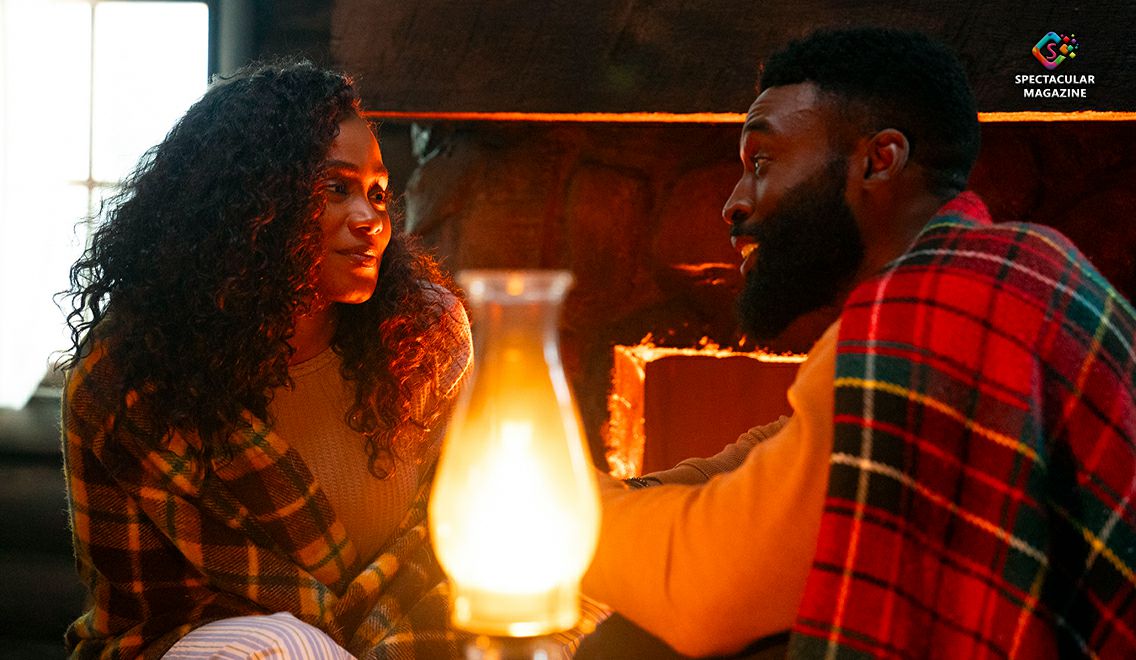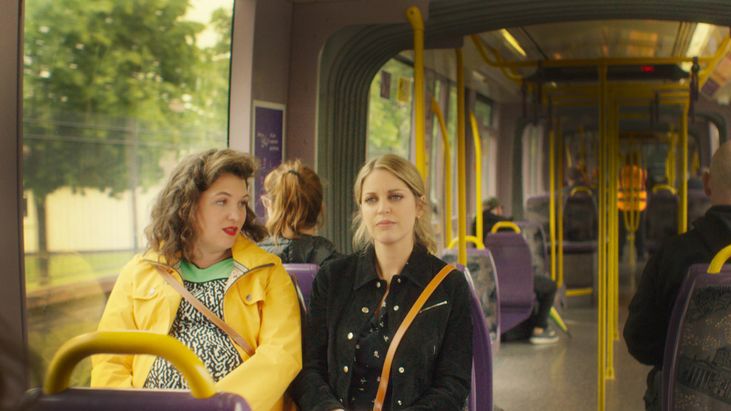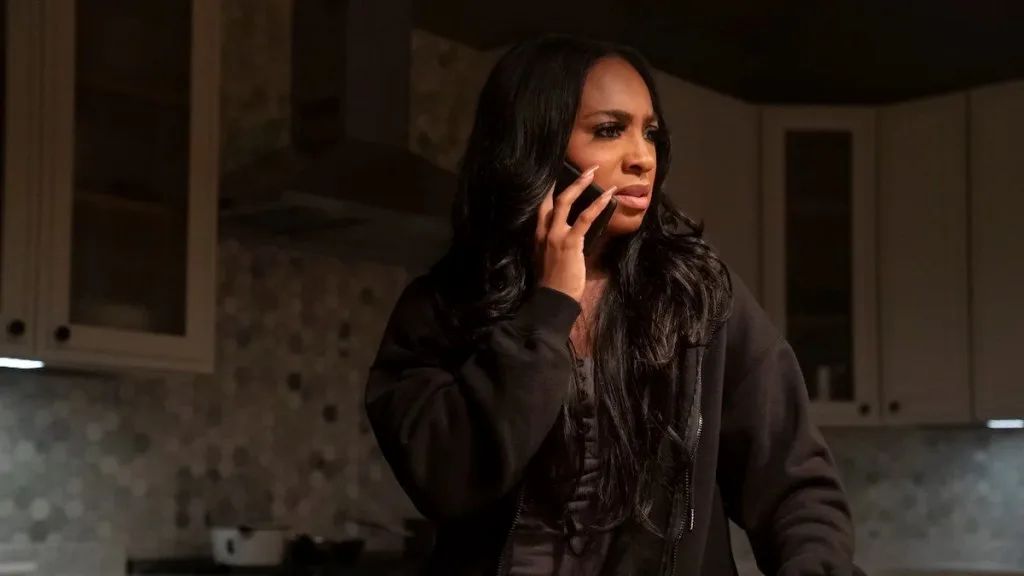💔 The Return Home That Changes Everything
Nearly a decade after walking away from her old life, Joy Carter (Taraji P. Henson) comes home to bury her mother — and with her, every unspoken word and unresolved memory she’s carried like a weight. The small Southern town she fled from hasn’t changed much: the rusted church bell still rings every Sunday, the same neighbors whisper from porches, and the same roads still lead to David’s house.

David (Tyler Perry) — her ex-husband, her first love, and the man she swore she’d never see again — is still there, quietly raising their now-grown son, Marcus. The years have been kind to neither of them. The love that once burned bright was extinguished by misunderstanding, pride, and the wounds they never had the courage to heal.
But grief has a way of drawing people back together, not to rewrite the past, but to face it.
🕊️ The Quiet War Between Memory and Forgiveness

When Joy and David see each other for the first time in years, the silence between them says more than words ever could. Perry’s direction lingers in that silence — in the long pauses, the hesitant looks, and the trembling breaths between two people who once shared everything.
The film unfolds with a tender rhythm: grief meetings at the church, dinners that start with awkward small talk and end in tears, and flashbacks that blur between memory and regret. Each moment feels lived-in, honest, and deeply human.
Joy begins to rediscover pieces of her past — her mother’s letters, a forgotten photo album, and an unfinished song she wrote as a teenager. Through them, she slowly realizes that her pain has never been about what David did — but about what she couldn’t forgive in herself.
🌧️ Tyler Perry’s Most Grounded Vision Yet

With Finding Joy, Tyler Perry steps into a new artistic space — quieter, more introspective, and deeply spiritual. Gone are the loud arguments and dramatic turns that define his earlier work. Here, Perry directs with patience and empathy, trusting silence to speak louder than anger.
The cinematography is drenched in Southern sunlight and memory — warm golds, faded blues, and slow camera movements that make every scene feel like a memory unfolding. The soundtrack, filled with soft gospel, piano, and humming choirs, becomes the heartbeat of the story — a call to grace.
Perry also gives one of his most personal performances to date. His David isn’t just a man seeking forgiveness — he’s a father terrified of repeating his mistakes, a man who’s learned that strength isn’t in control, but in surrender.
💫 Taraji P. Henson — The Heart of the Film
Taraji P. Henson shines as Joy, delivering a performance that’s raw, trembling, and transcendent. She doesn’t cry for sympathy — she fights for understanding. You can see the conflict in her eyes: a woman torn between the life she built alone and the love she still feels beneath all the pain.
Her chemistry with Perry feels lived-in, almost documentary-like — two souls circling around the same wound, afraid to touch it, yet unable to look away.
🌿 Faith, Family, and the Grace of Second Chances

Finding Joy is not just about love — it’s about healing.
It asks: What happens when forgiveness isn’t something you give to others, but something you finally give to yourself?
The film’s faith isn’t about religion as much as it is about redemption in the ordinary — in cooking for someone you once hated, in showing up when it’s easier to run, in saying “I’m sorry” when the words barely come out.
Through Joy and David’s story, Perry invites the audience to look inward — to their own grudges, their own regrets — and ask whether holding on to hurt has ever truly protected them.
💬 Critical Praise
⭐ 9.2/10 – “Intimate, soulful, and courageously honest.”
⭐ “Taraji P. Henson delivers a career-defining performance — raw and unguarded.”
⭐ “Tyler Perry’s most tender film to date — quiet, brave, and full of grace.”
🌅 The Ending That Broke — and Healed — Audiences

In the film’s final act, Joy and David meet at the old church one last time. The light filters through the stained glass as Joy reads her mother’s final letter — a simple message that changes everything:
“You don’t have to forget to forgive. Just love what’s left.”
The two stand in silence. There are no confessions, no dramatic reconciliations. Just two people, older and softer, finally allowing peace to enter the spaces where pain once lived.
But as Joy walks away from the church, she looks back — and smiles.
It’s not the smile of a woman in love. It’s the smile of someone who’s finally free.
The screen fades to black.
And the audience is left asking themselves the same question:
“What would I do if I were given one more chance to make peace?”
❤️ A Conversation That Keeps Going

Since early screenings, Finding Joy has sparked passionate conversations online. Some believe Joy and David should reunite; others think the beauty lies in their separate healing. Fans have called it “a mirror of real life — no perfect endings, just human ones.”
And maybe that’s exactly what makes Finding Joy (2025) so special.
It doesn’t offer closure — it offers truth.
Because sometimes, the happiest ending is simply peace.


